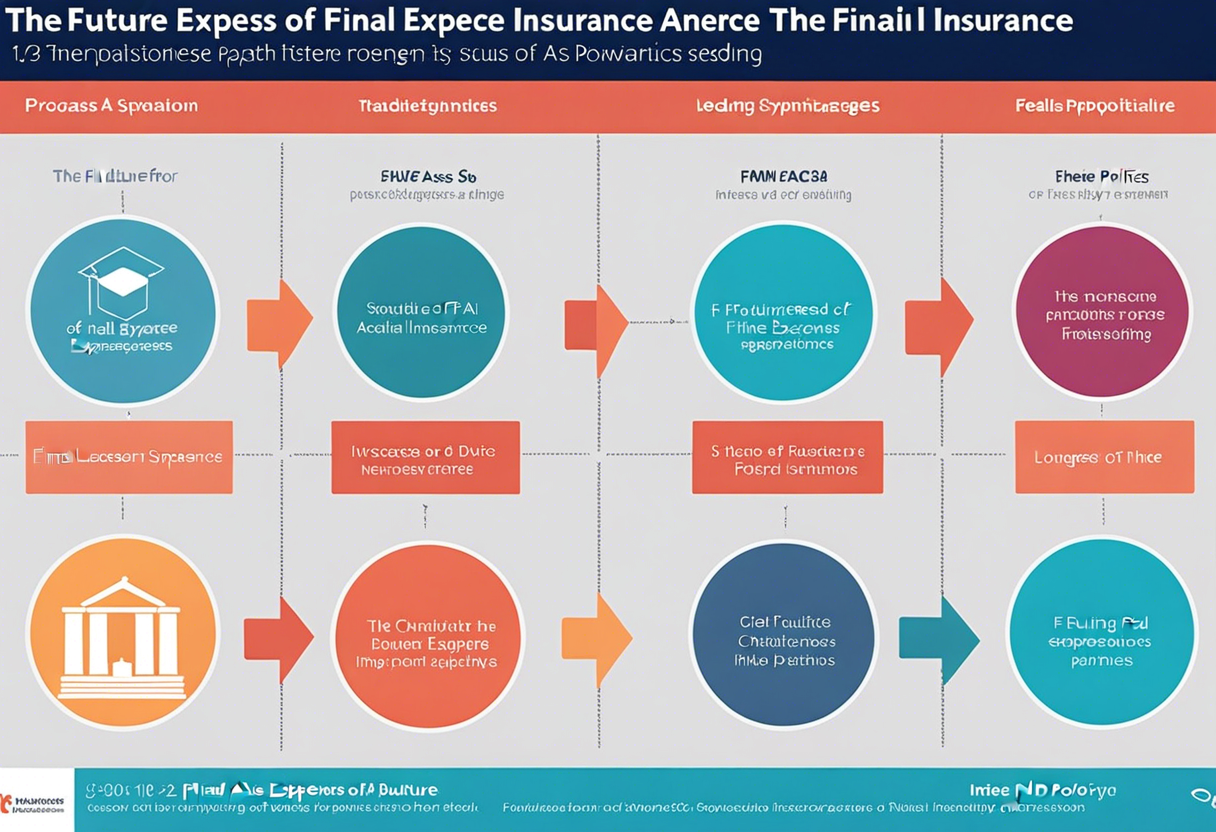Diving Deep into the Nuances of Final Expense Insurance - Your Ultimate Top 3 Guide
Final Expense Insurance, often referred to as burial or funeral insurance, is a type of life insurance policy designed to cover end-of-life expenses. It's a financial safety net that ensures that your loved ones won't be burdened with the cost of your funeral and other final expenses when you pass away. While it may seem morbid to plan for such an event, it's a practical step that can provide peace of mind for both you and your family. In this section, we will delve deeper into what Final Expense Insurance is, its purpose, and why it's an essential part of financial planning.
While traditional life insurance policies are designed to provide financial support to your dependents after your death, Final Expense Insurance has a more specific purpose. It's intended to cover the costs associated with your final expenses, which can include anything from your funeral and burial costs to medical bills or any outstanding debts. These costs can quickly add up and can be a significant financial burden for your loved ones to bear. By investing in Final Expense Insurance, you can ensure that these costs are covered, alleviating that burden from your family.
The Benefits and Limitations of Final Expense Insurance

Like any insurance policy, Final Expense Insurance has its benefits and limitations. One of the primary benefits is the peace of mind it provides. Knowing that your final expenses won't be a financial burden on your loved ones can provide significant relief. Moreover, these policies are often easier to qualify for than traditional life insurance policies. They're designed to be accessible to older individuals, even those with health issues.
However, it's essential to be aware of the limitations of Final Expense Insurance. These policies typically offer lower coverage amounts compared to traditional life insurance. They're designed to cover specific costs, not provide long-term financial support for your dependents. Furthermore, premiums for these policies can be higher than other types of life insurance, especially if you're older or have health issues.
Choosing the Right Final Expense Insurance Policy

Choosing the right Final Expense Insurance policy requires careful consideration. It's crucial to estimate your final expenses accurately to ensure you have enough coverage. This can include costs like funeral expenses, medical bills, and any outstanding debts. Additionally, consider your health and age, as these factors can significantly impact your premium rates.
When comparing different policies, look at more than just the premium cost. Consider the company's reputation, the policy's terms and conditions, and any additional benefits that may be included. It's also a good idea to consult with an insurance advisor or financial planner. They can provide valuable insight and guidance, helping you choose the policy that best fits your needs and budget.
The Future of Final Expense Insurance

The future of Final Expense Insurance is likely to be impacted by various factors, including demographic changes, advancements in healthcare, and shifts in societal attitudes towards death and dying. As the population ages, there may be increased demand for these types of policies. Furthermore, advancements in healthcare could lead to longer life spans, potentially impacting the costs associated with end-of-life care.
Moreover, societal attitudes towards death and dying are changing. People are becoming more open to discussing these topics, leading to more proactive planning for end-of-life expenses. This could result in an increased awareness and understanding of Final Expense Insurance, potentially driving demand for these policies.
Final Expense Insurance is an essential financial planning tool that can provide peace of mind and financial relief for your loved ones. By understanding its benefits and limitations, carefully choosing the right policy, and staying informed about future trends, you can ensure that you're making the best decision for your unique circumstances.







